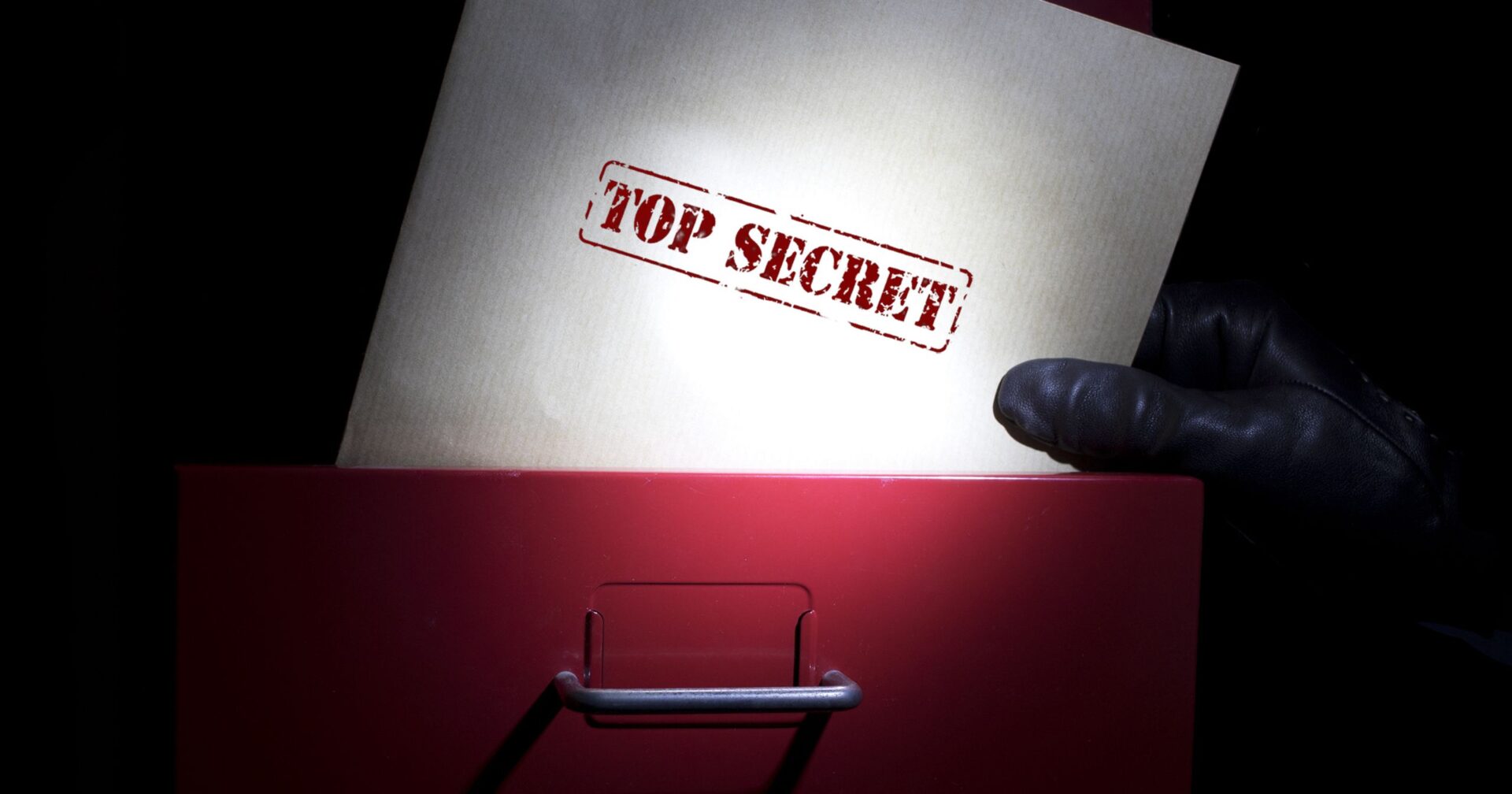Are all secrets created equal? For certain matters within the Church, no. Papal secrecy is a code of confidentiality greater than regular secrecy.
Any member of the Roman Curia has an obligation to maintain “ordinary secrecy,” an observance to keep their matters private under the orders of their superior or Church law.
“All who are admitted to an office in the curia must: observe secrecy within the limits and according to the manner determined by law or by the Bishop.” – Code of Canon Law 471
However, matters of major importance require a special code of confidentiality, called the pontifical secret or papal secrecy. According to the instruction Secreta continere issued by the Vatican Secretariat of State in 1974, pontifical secrecy must be observed as a grave obligation.
“Business of the Roman Curia at the service of the universal Church is officially covered by ordinary secrecy, the moral obligation of which is to be gauged in accordance with the instructions given by a superior or the nature and importance of the question. But some matters of major importance require a particular secrecy, called ‘pontifical secrecy’, and must be observed as a grave obligation.”
What matters qualify as requiring papal secrecy? According to Secreta continere, there are 10:
1. Preparation of papal documents, if pontifical secrecy is expressly demanded
2. Information obtained officially by the Secretariat of State in connection with questions requiring pontifical secrecy
3. Notifications sent to the Congregation for the Doctrine of the Faith about teachings and publications and the Congregation’s examination of them.
4. Extrajudicial denunciations of crimes against the faith and morals or against the sacrament of Penance, while safeguarding the right of the person denounced to be informed of the denunciation, if his defence against it makes this necessary. The name of the person making the denunciation may be made known to him only if it is judged necessary to have a face-to-face confrontation between denouncer and denounced.
5. Reports by papal legates on matters covered by pontifical secrecy.
6. Information obtained officially with regard to the naming of cardinals
7. Information obtained officially with regard to the naming of bishops and papal legates and the relative inquiries.
8. Information obtained officially with regard to the naming of the chief officers of the Roman Curia.
9. All matters concerning cipher systems and enciphered messages.
10. Any matter that the Pope, a Cardinal in charge of a department of the Roman Curia, or a papal legate considers to be of such importance that it requires the protection of papal secrecy
What happens if one violates papal secrecy? Firstly, if deliberate, it constitutes a grave sin. Then, the general rule is that a punishment proportionate to the wrongdoing and damage caused will be given.
From 1962 to 2001, the instruction Crimen sollicitationis however made one specific breach of papal secrecy subject to automatic excommunication: members of a Church tribunal investigating a cleric accused of soliciting during the Sacrament of Penance were sworn to secrecy over their proceedings.
“Each and every person, who in any way belongs to the tribunal or is given knowledge of the matter because of their office, is obliged to keep inviolate the strictest secrecy (what is commonly called “the secrecy of the Holy Office”) in all things and with all persons, under pain of automatic (latae sententiae) excommunication.”
Photo credit: Photo Art Lucas / Shutterstock.com















[…] here if you want to learn more about papal secrecy and all situations it applies. You can also read the […]